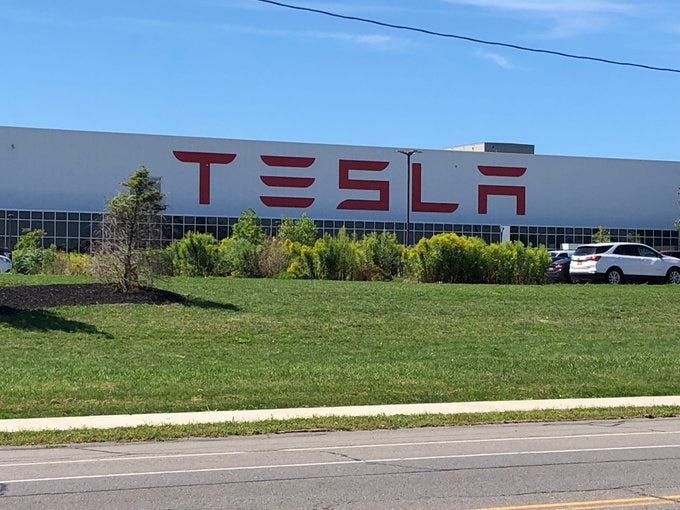
BUFFALO, N.Y. (WBEN) - An audit by New York State Comptroller Thomas DiNapoli found that Empire State Development has not adequately monitored high-tech projects in Buffalo, despite millions of taxpayer dollars used to create the projects.
The audit, conducted from January 1, 2013 through April 30, 2019, found that the state's economic development agency has effective practices for monitoring high-tech sectors, but did not monitor projects within the Buffalo Billion portfolio and ensure the taxpayer money was effectively spent and produced the intended results.
DiNapoli's office said the initial project assessments lacked sufficient detail to justify use of state funds, lacked performance and evaluation standards for measure whether the projects attained their intended goals, and did not provide clear progress reports.
"Public progress reports provide limited and conflicting information on high-tech projects' progress, making it difficult to determine their current statuses," the report reads.
The 35-page audit found that $939 million was used for grants for Empire State Development. The most notable of the projects was the RiverBend facility, led by the creation of Tesla and Panasonic plants. The two projects combined received $800 million in state grants with the promise of 1,460 jobs. In reality, only 633 jobs were created as of April 30, 2019.
"ESD was receiving annual employment reports during the term of the agreement," DiNapoli said in the report. "Given the project's significant dollar allocation and the amount of publicity surrounding it, ESD could have made this information public and, in doing so, quelled media attention. ESD, however, was not forthcoming with project data. The lack of transparency gave the perception that Tesla may not meet its employment targets."
Other notable projects include the Buffalo IT Hub and Buffalo Institute for Genomics, both of which received $300 million. The state also invested more than $100 million into a Medical Innovation and Commercialization Hub. All of the projects did not reach even half of the projected jobs it initially targeted, despite it being years since the projects were created.
